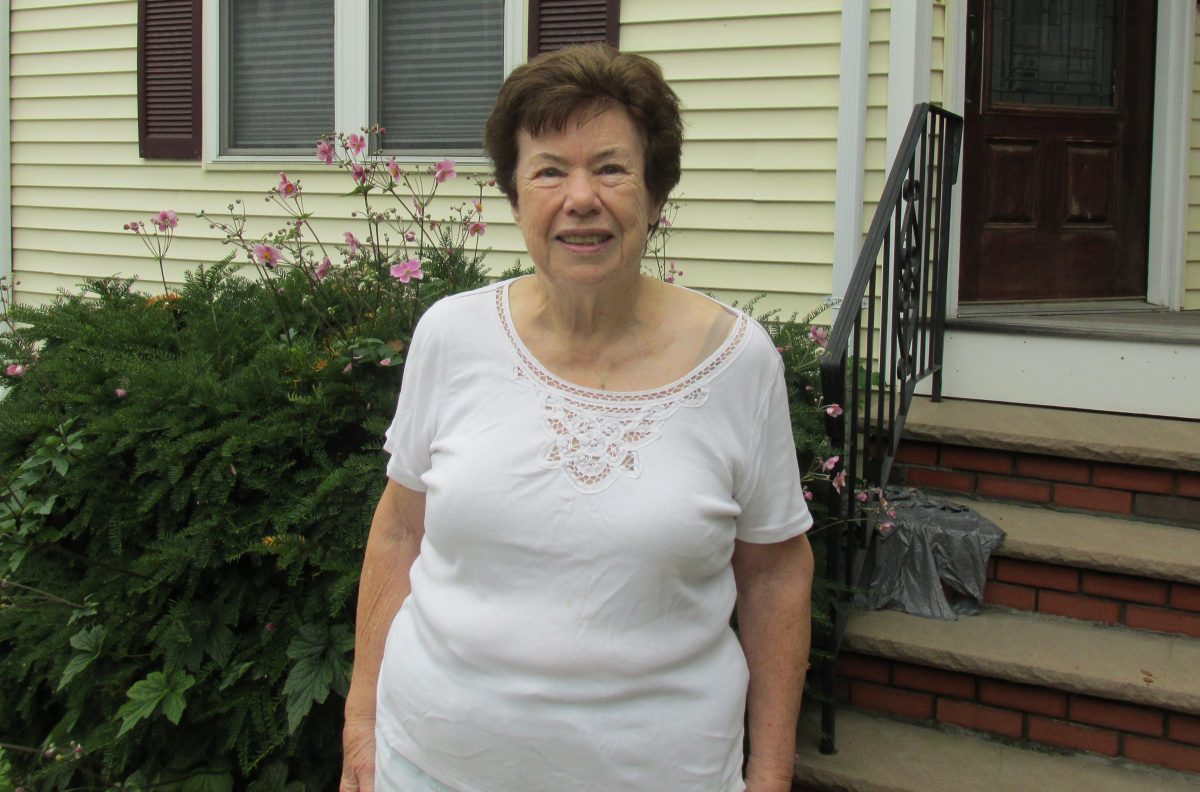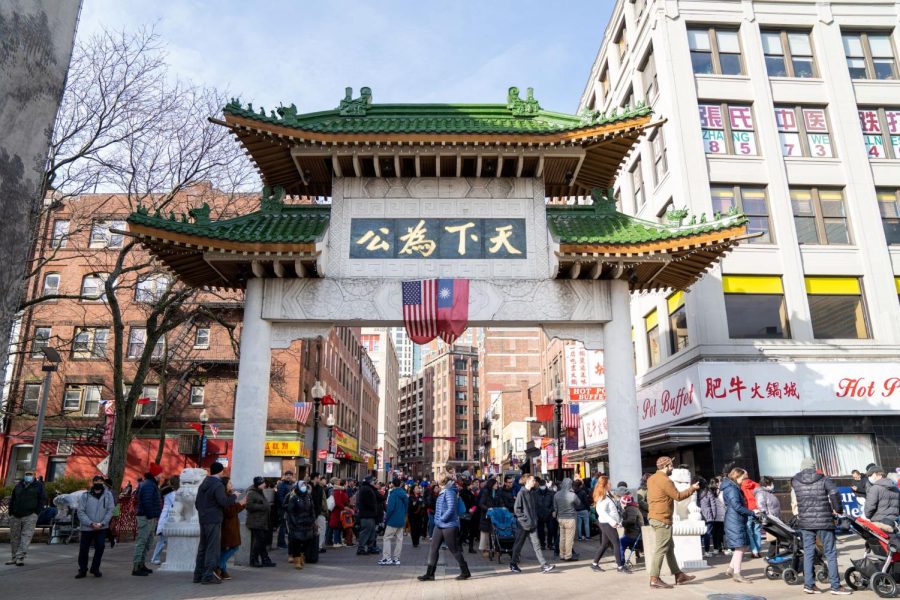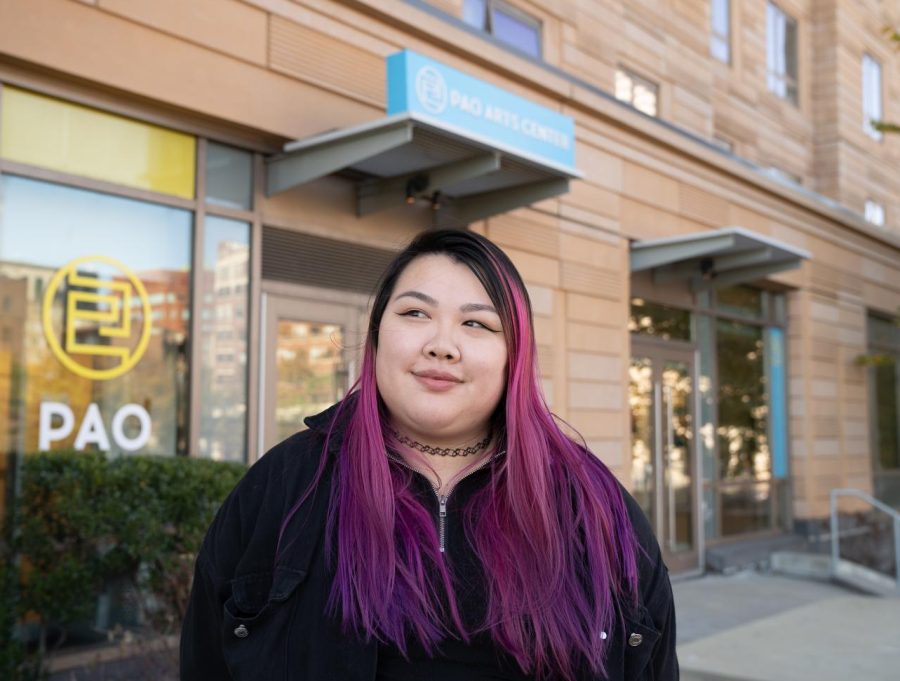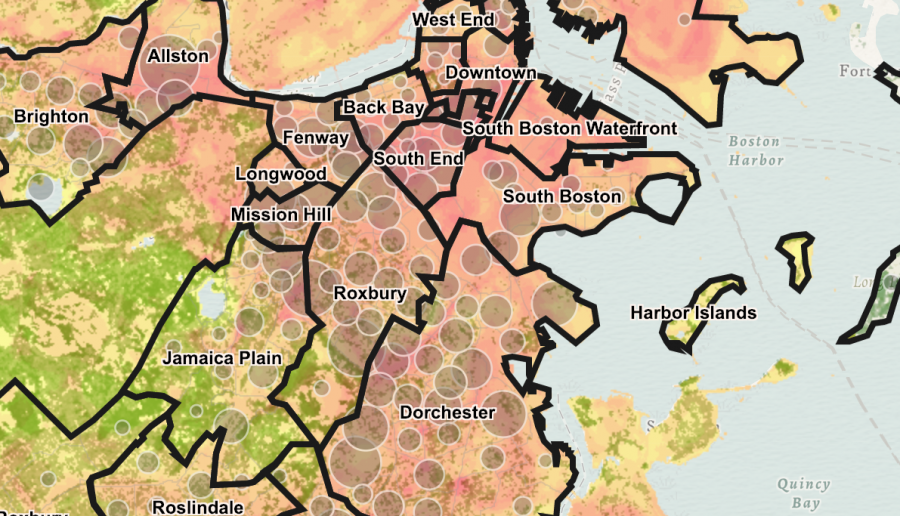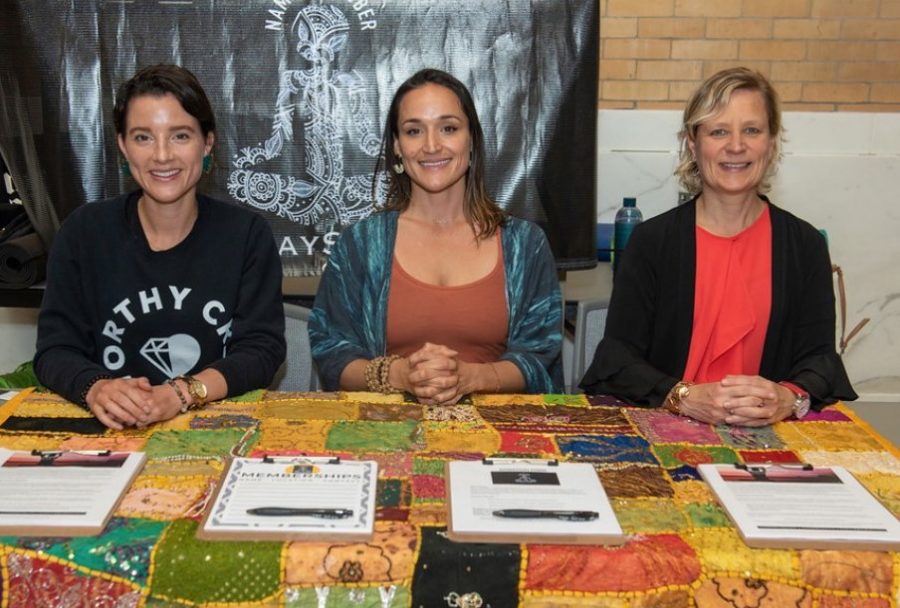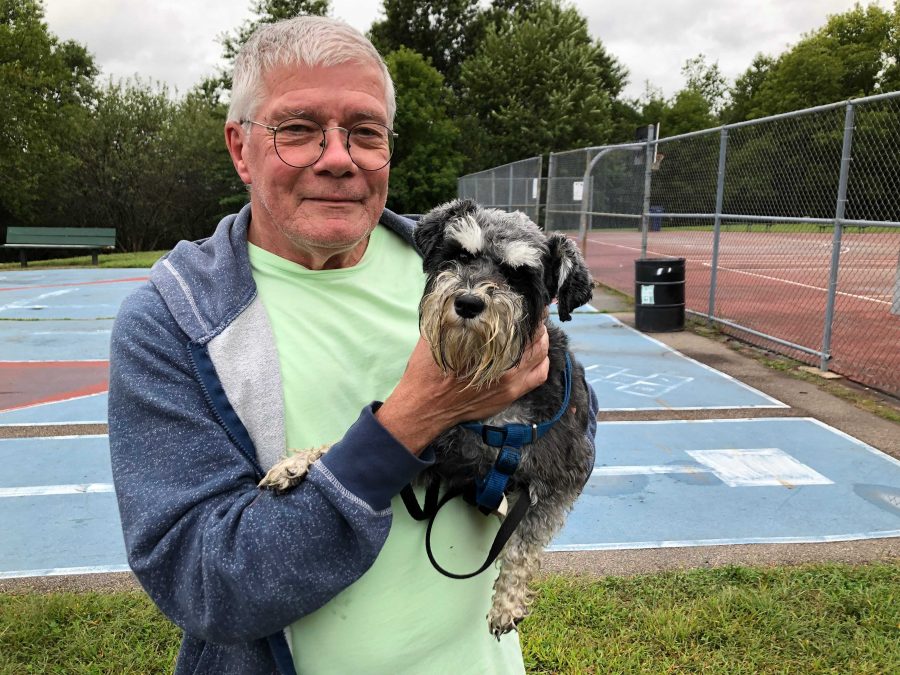By Si (Floris) Wu
Mary Fitzpatrick, 83, is a retired payroll manager at Brigham and Women’s Hospital. She has been living in Mission Hill for her whole life. Lots of people have come and gone throughout her life, she sad. Now, she has few friends left in the neighborhood.
“The biggest change has been in the last 10 or 15 years,” she said, “[with] my friends either moving, or – in a couple of cases – passing away.”
Life was different when Fitzpatrick was a little girl. There was a “neighborhood feeling” that she grew up with. Families used to have five or six children, and people connected as a community.
“[I had] lots of friends. We didn’t have a lot of money, but we had a lot of fun.”
The neighborhood is now mostly taken over by college students. “They are friendly, obviously,” Fitzpatrick said, “but we don’t connect.”
Going to church is a big part of Fitzpatrick’s life, and public transportation in Mission Hill has made that convenient. She thinks that being able to walk or take the bus everywhere in 20 minutes is the best part about living in Mission Hill. She has always gone to church to meet and connect with new people. But that’s been another source of recent change.
“The social activities that were church-related seem to have disappeared,” she said.
Fitzpatrick hopes that Mission Hill’s newest residents commit to the community.
“I would like to see families come back, or to have the young people stay longer. I love the idea of younger people.”
About this project
The Scope’s student journalists spoke with community members in Mission Hill. #MissionHill100 is a collection of their stories.

